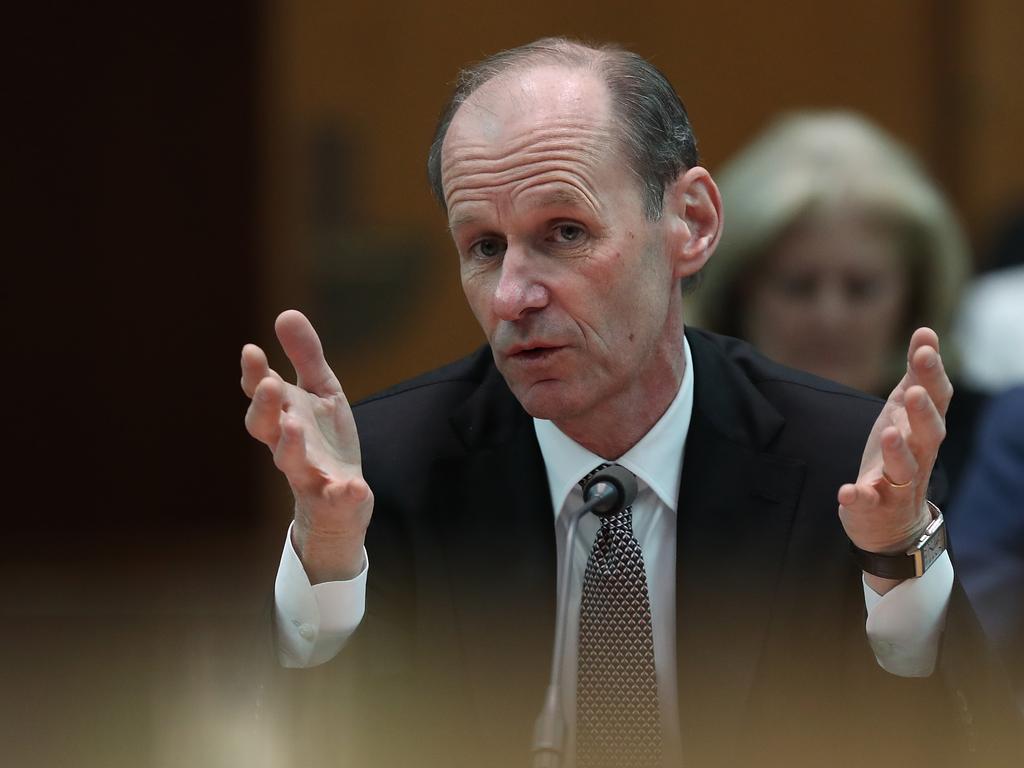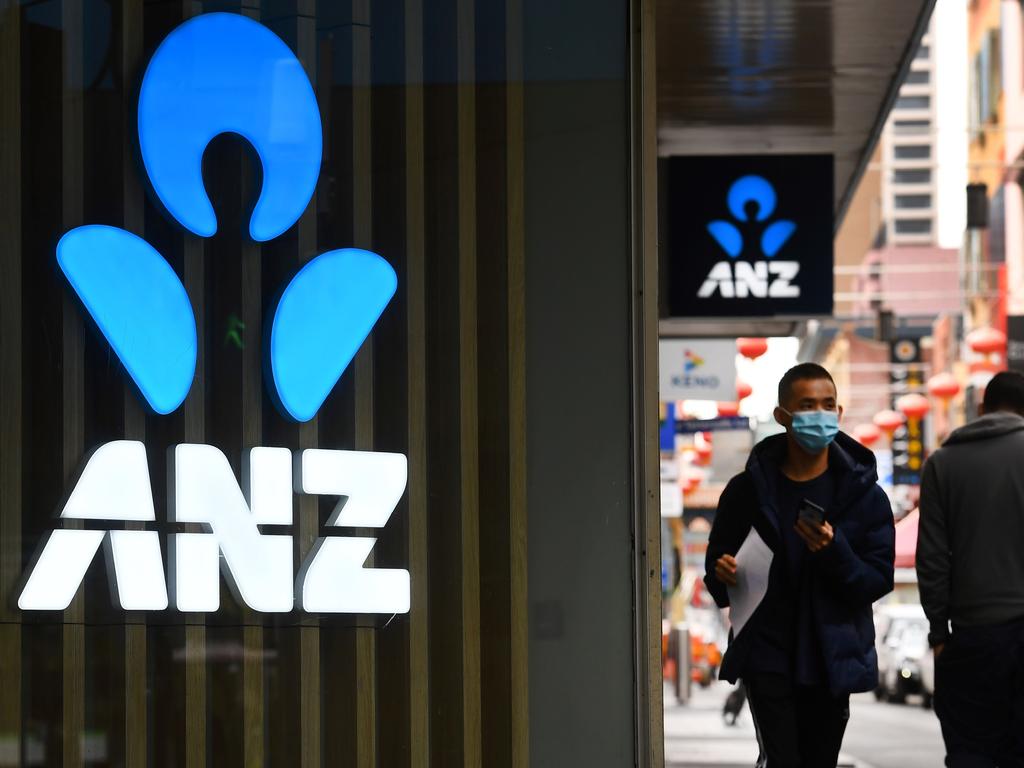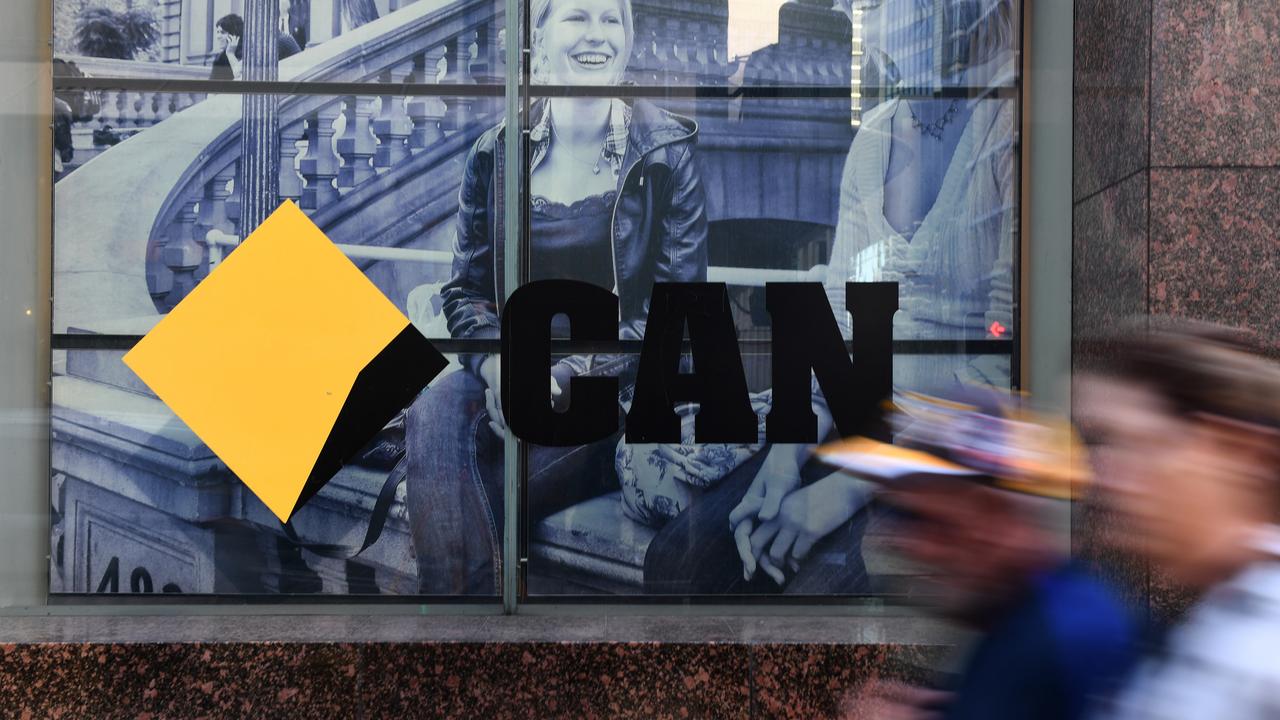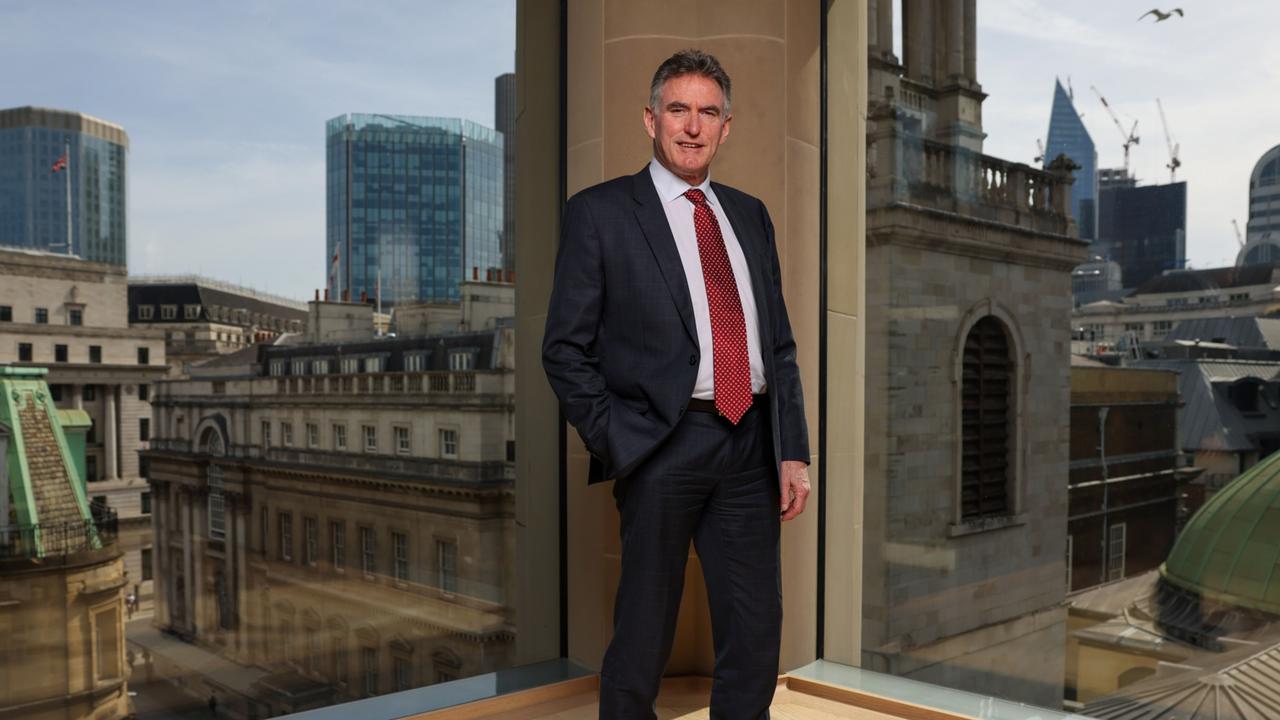Commonwealth Bank CEO Matt Comyn says some property investors should consider selling
CBA CEO Matt Comyn says now might be the time for some property investors to sell assets to cover looming debts.
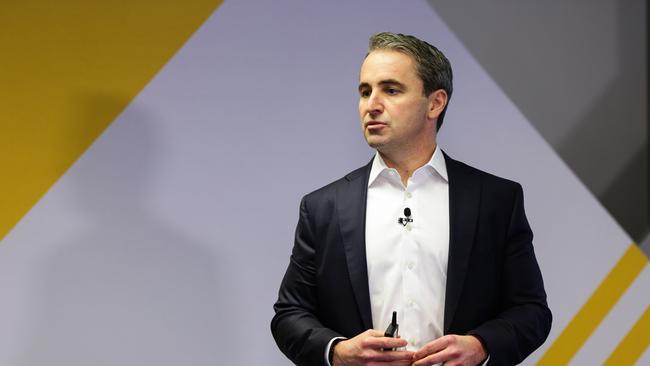
Commonwealth Bank CEO Matt Comyn has told the House Standing Committee on Economics that certain housing investors should examine the possibility of selling their investment property if they are having trouble servicing the loan.
Although just 28 per cent of all deferred loans are investor loans - “slightly less than the overall portfolio” - Mr Comyn said that the bank would prioritise keeping struggling owner-occupiers in their homes, with a relatively robust housing market meaning many investors would still have positive equity, despite recent price declines.
“It would be sensible for some customers to be contemplating about whether now was the right time to reduce some of that outstanding debt,” he said.
Mr Comyn said that it was hard to say what the impact of the pandemic would be on property investors, but noted demand for investment loans is falling.
“Investing lending is at its lowest since 2004,” he said.
“We’re seeing some very divergent outcomes and results in different parts of the housing market both regionally and across dwellings.
“There’s pressure on rental yields, which eventually will flow through into prices.”
Unlike Mr Elliott, Mr Comyn said the lockdown in Victoria had produced a noticeable increase in SME and mortgage loan deferrals.
“We’ve certainly seen an increase in both requests for assistance and repayment deferrals since lockdown began in Victoria,” he said, adding that in terms of spending there has been “a reduction, a clear difference in terms of underlying consumer expenditure in Victoria versus many other states.”
“We’ve also seen, I think as a byproduct, a flow-through in other states in terms of consumer and business confidence.”
Earlier in the day ANZ CEO Shayne Elliott told the committee his bank expected house prices to fall by up to 15 per cent as the economy ground towards a recovery in 2022.
Mr Comyn said the economy was performing better than the bank expected when it set aside $1.5bn in capital to cover losses in May.
Only Victoria was languishing in line with initial expectations, he said.
“Since that time, we would say with the exception of Victoria, most of the states and territories are performing better than we expected at that time,” he said.
Mr Comyn said that the bank’s most pessimistic economic modelling focused on a blowout in the unemployment rate.
“If you think about even the way we distinguish between our central scenario...versus a more severe, prolonged downturn, the difference between those two scenarios is mostly a higher unemployment rate for a lot longer,” he said.
“There is also an associated fall in house prices.”
Like ANZ, Mr Comyn said CBA’s credit card and personal loan balances had reduced over the course of the pandemic.
“Particularly in our June quarter...we saw an approximately a $2 billion reduction, or a 20 per cent, just under 20 per cent reduction in credit cards, and I think it was a 16 to 17 per cent reduction in personal lending,” he said.

